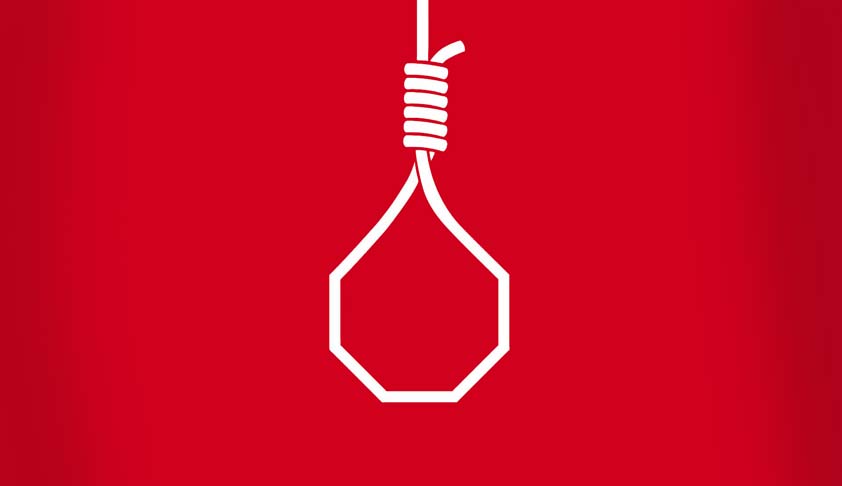SC Defers The Hanging Of Vikram Singh And Jasvir Singh, Reserves Its Judgment On Their Review Plea.
LiveLaw Research Team
25 Oct 2016 8:51 AM IST

Next Story
25 Oct 2016 8:51 AM IST
The Supreme Court bench comprising justices Dipak Misra, R. Banumathi and Ashok Bhushan, yesterday extended the stay on the hanging of Vikram Singh and Jasvir Singh, who were sentenced to death for the kidnapping and murder of Abhi Verma, son of an established jeweler of Hoshiarpur, Punjab, in 2005.Both the convicts were to be hanged on the morning of October 25 at Patiala Central Jail, as...
